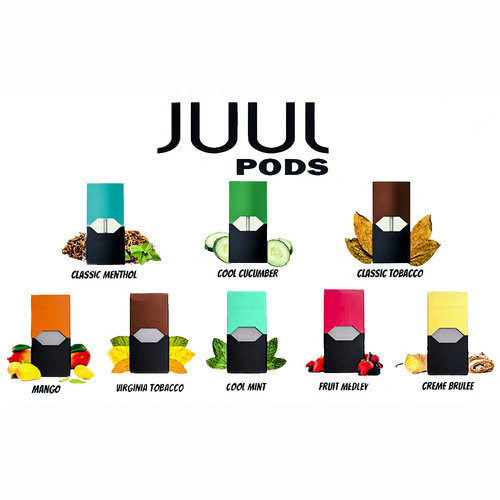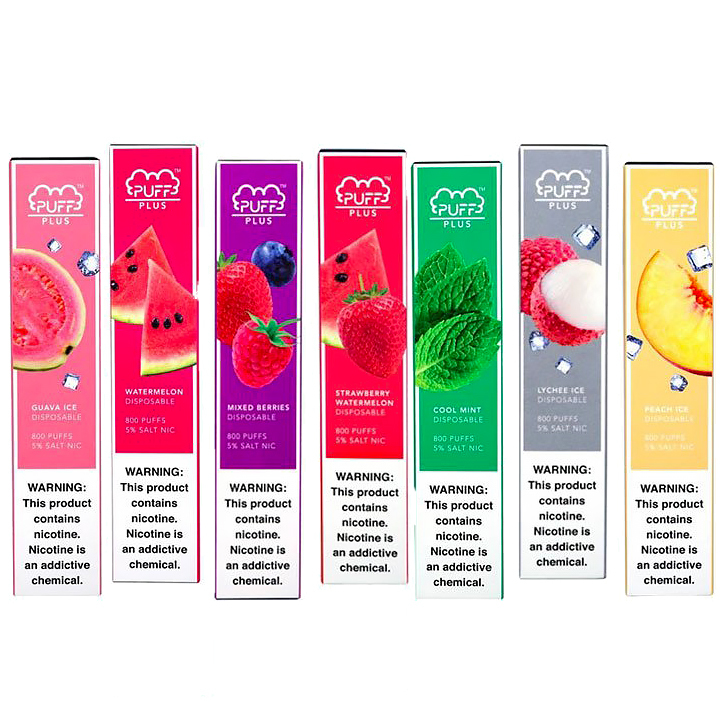Vaping Ban “A joke”, says Expert
In 2019, the growing popularity of flavored e-cigarettes, which unintentionally offered youths an easier, more attractive gateway to smoking, began to gain the attention of the mainstream media. Federal data released in fall the same year had public health officials calling the new smoking trend an “epidemic” among teens and children, and findings from the reports showed that around 28 percent of high school students had used an electronic cigarette at least once in the past 30 days.
In late 2019, President Trump vowed to pass a nationwide ban on flavored vape cartridges. But in January 2020, the President pulled back, according to coverage of the event from a New York Times article. The FDA, however, executed the plan in February 2020 with their own ban – prohibiting the sale of all vape cartridges sporting flavors other than methanol and tobacco.

The well-known e-cigarette company Juul, one of the key players in the popularization of e-cigarettes in 2019, had already halted production on most of its flavored products long before the ban went into effect, but other flavored vaping brands saw their products pulled from shelves.
However, Ericka Sward, a spokesperson for the American Lung Association, has serious doubts about the potential impact of the FDA’s actions. “I think it’s a joke to call it a vaping ban at all”, Ms. Sward told the Washington Post.
Sward calls attention to the ban’s ‘partial’ nature; This action only affected what the FDA deemed as ‘flavored’ pods, and had no effect on the general sale of vapes or e-cigarettes.
This is due to the belief that the fun, tasty flavors of various vape cartridges was the root cause of the dramatic swell in underage use. While Sward partially agrees with this belief, she believes the FDA’s ban will prove ineffective in lowering the rates of underage e-cigarette use.
“Flavors attract kids, and methanol is a flavor”, she said. “It really helps to numb the senses and make the poison go down easier.”
In addition, a newer upstart vaping company, Puff Bar, was temporarily able to exploit a loophole in the FDA’s ban. The ban halted the sale of all flavored vape pods other than the tobacco and methanol flavors – the term ‘pods’ referring to the exchangeable cartridges that are slotted into and used by most vaping devices. However, Puff Bar’s vapes were disposable single-use devices, eliminating the need for a ‘pod’ of any kind. This allowed the company to undercut the FDA’s ban and continue the sale of their products.

But due to public outcry, Puff Bar quickly closed shop in late February / early March of 2020.
Still, this does not mean that America’s youth vaping problem has reached its conclusion. In fact, the speed at which Puff Bar reacted to public outcry may prove detrimental to America’s legislation against vaping in the long run for two simple reasons.
First, Puff Bar ceased production on its own accord, rather than due to any changes or amendments to the FDA’s existing partial vaping ban. While this can be seen as a victory, it also means that there exists no legal reason as to why another company could not exploit the same loophole of flavored disposable vaping devices. Puff Bar, a smaller, independent startup with its central office located in Los Angeles, was quick to collapse under the heat. In contrast, a line of disposable vapes shipped to the US from a larger tobacco company from the east might be able to outlast condemnation from American social activists. Second, the fire stirred by Puff Bar’s actions was extinguished just as quickly as it was lit. Since then, there have been relatively few vaping-related headlines, part of which can likely be attributed to the increasing severity of the COVID-19 Epidemic. Once more, remember that Puff Bar only decided to shut down sales due to aggressive reactions from the American public. The Puff Bar story followed closely after the FDA bans took place, which itself could be seen as the culmination of a large swell of American public and media investment in the topic of underage smoking. Due to Puff Bar’s quick closure, the momentum of the topic dropped off the map in a matter of months.
So, even if there was to be, or currently is, a company to replace Puff Bar that could be tempered by the voices of activists, those activists will have a much harder time hearing the call to action. Top reporters and sources have moved on to other, more ‘current’ topics, adopting the very dangerous notion that the vaping problem has been ‘solved’.
